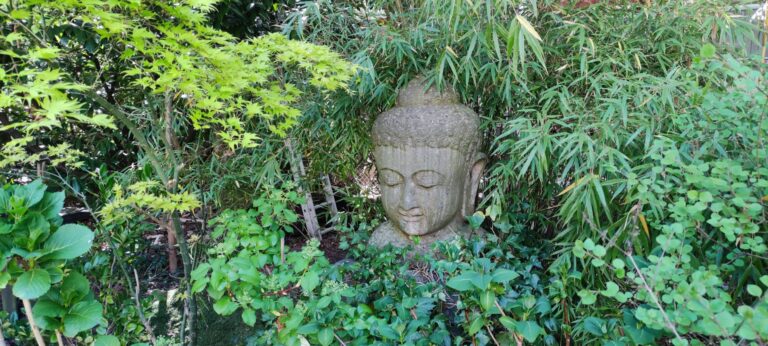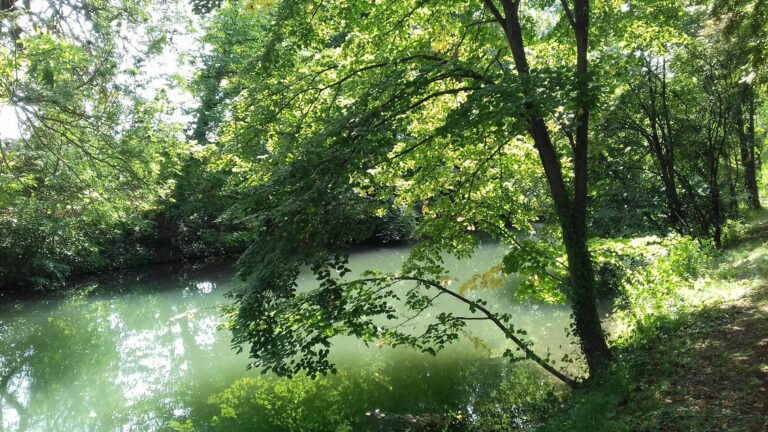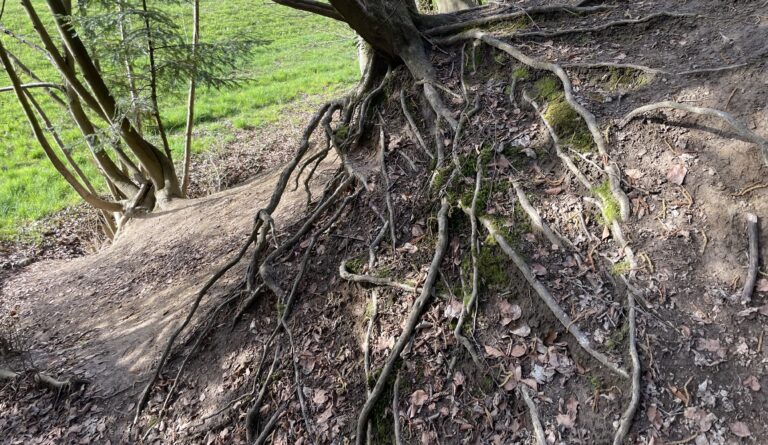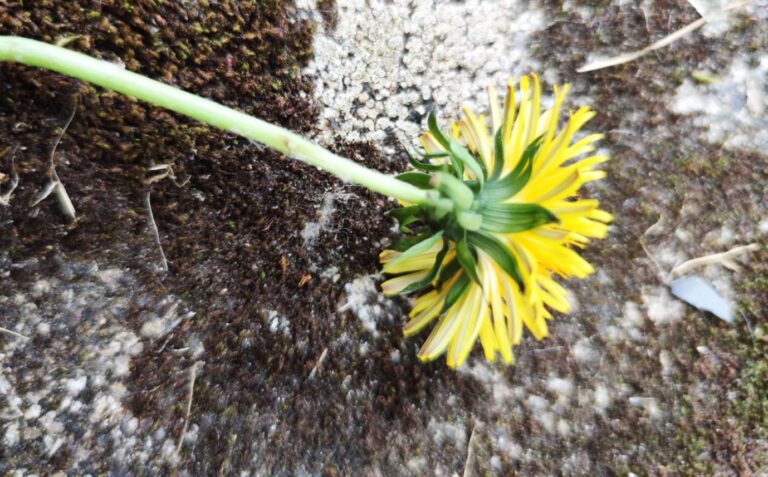What´s love got to do with it? Why hardening doesn’t protect us
“Of all the dangers we face, from climate chaos to nuclear war, none is so great as the deadening of our response” Joanna Macy
In light of the unprecedented upheavals of our time, we often feel overwhelmed and eventually numb, we “close down” and close our hearts. With a hardened heart, we seem to be more protected and feel safer; it’s a natural reaction – our survival instinct. But it also makes us significantly less alive.
And is it even true that we are safer when we become hard and close ourselves off? Don’t we need more heart qualities to respond sensitively and appropriately?
Pain and the Underlying Love
With a closed heart, we lose contact with the most important people, living beings, and living conditions we love. Yet, it is actually love that underlies the pain and grief we experience: Precisely because we love a partner, it is painful when we feel hurt by them. Precisely because we love our child, it is terrible when they become seriously ill. Precisely because we love nature, because we are connected to all life forms, the Earth, and all the wonders of the universe – that is precisely why we grieve when nature and living beings are destroyed.
So, is it possible – even in the midst of pain – to feel the love that underlies it?
Staying connected to our loving heart can fundamentally change our experience of crises. Love and an open heart have the wonderful ability to connect us with gratitude, awe, curiosity, kindness, and compassion for ourselves and others. And these are the qualities we need most in difficult times – they make our lives worth living, even under difficult circumstances.
Compassion for Oneself and Others
A scientific study by Paul Gilbert et al. (published by the British Psychological Society) shows that supporting people in developing compassion for themselves and others has a strong influence on their affect – negative feelings are reduced overall, and positive feelings are encouraged.
People who tend toward self-criticism or experience periods of depression usually have difficulty accessing self-compassion and recieving compassion from others. However, if one succeeds in strengthening compassion for oneself and others, this can regulate threat-based emotions. Isn’t this ability to regulate threat-based emotions precisely what we need most in the face of meta-crisis?
Fear and the Desire for Safety
But especially in times of crisis, we try to “get a grip” on life and nature again – we try to overcome man-made problems through increasing control and manipulation. Ecological crises are to be solved through ever greater interventions in nature, while political and social crises are to be resolved through increased power for the ruling class and through exclusion and division within the population.
Mattias Desmet, a professor of clinical psychology at Ghent University, is considered an expert on the phenomenon of mass formation. In his book “The Psychology of Totalitarianism,” he describes how our desire to control life and our world is also driving the rise of totalitarianism.
When people feel increasingly lonely, lacking social ties and meaning in life, they experience greater dissatisfaction and anxiety. This, in turn, leads to frustration and aggression. Desmet describes how these dynamics have intensified during the COVID pandemic – and, of course, continue to have an impact. This also leads to the strengthening of totalitarian movements that supposedly offer more security and orientation.
Also so-called “bullshit” jobs, which offer no meaning and don’t really contribute to the social good, increase the feeling of meaninglessness. The term was coined by David Graeber in his book “Bullshit Jobs: The True Meaning of Work”: “A bullshit job is an occupation that is so completely pointless, unnecessary, or harmful that even the worker cannot justify its existence. So, it’s not about jobs that nobody wants to do, but about jobs that nobody actually needs.” This is a symptom of our societal values – we consider it more acceptable to do pointless paid work than to not have a job.
Our work should serve society and our fellow human beings. When people perform care work, they experience this work as meaningful and satisfying. Absurdly, however, this work is paid less well and is considered less respectable than so-called “bullshit jobs.” Yet, during the pandemic, we have seen which jobs and tasks are particularly important for our health, our cohesion, and our functioning as a society.
Meaning and Connection instead of Control
How do we rediscover meaning and connection? What guides us if not our control – who or what can we trust then?
We could remember that life is not in our hands. The fact that we exist at all, that our organism functions harmoniously and incredibly complexly – everything that life offers us: we do not control all of that.
When we consider our lives: What was and is essential and valuable in it, worth living? And: Did we “make” that – or did it happen to us? Falling in love and loving people around us, being able to feel joy, being overwhelmed by nature, or being deeply touched by a child: That is not something we “make.” It is something we experience. And it is also grace.
Joanna Macy again: “To be alive in this beautiful, self-organizing universe – to participate in the dance of life, with senses that perceive it, lungs that breathe it, organs that draw nourishment from it – is a wonder beyond words.”





